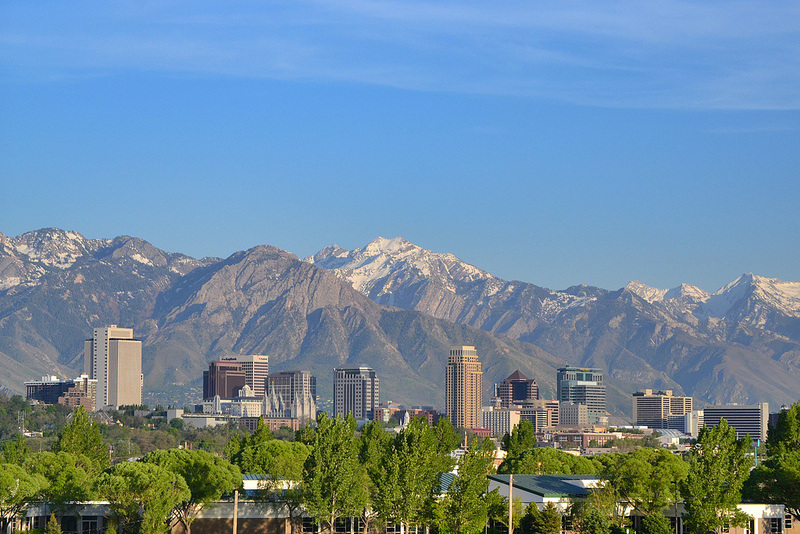| All I really needed to know about John Florez I learned only hours before his death last week. Having heard he was home receiving hospice care, unable to stand on the legs that had carried him from his humble beginnings as a child raised in an abandoned rail car on Salt Lake’s west side to the highest halls of power in Washington, Deseret News editor Paul Edwards and I came to pay a visit. |
| | John and I forged a relationship over the years that went beyond discussions about politics and current events, or his weekly column in this paper, although there was plenty of that. He came to know my family and had a particular affinity for one son who had served an LDS mission to Mexico and would speak Spanish with him. But there was a different type of urgency in his voice now. He knew time was short. As we entered the bedroom where he lay, he handed us each copies of two computer-typed papers. One was his carefully outlined solution to the Wasatch Front’s homeless problem. The other was a list of seven issues he felt the newspaper should spend more time addressing. He didn’t just hand them to us. He may have been lying in bed, connected to an oxygen tank literally assisting him with his last breaths, but he took the time to carefully walk us through each sheet. He expected us to ask questions, which we did, and he had plenty of answers. There was no time for tears, only for looking to the future. To John Florez, the idea of making his community a better place was as much a part of life as eating. He never abandoned the simple faith that, no matter the odds, his efforts would bear fruit; if not now, eventually; if not while he was alive, some day, perhaps through the passion of the proposals he carefully crafted on his deathbed. Despite a career that included founding several civil rights organizations, serving on the Salt Lake City School Board, working on the staff of Sen. Orrin Hatch and on the Senate Labor Committee, as deputy assistant secretary of labor and as Utah industrial commissioner, he never strayed far from that old rail car where he spent his childhood. That was the key to his outlook on life. His mother taught him more than any people he came to know in high places. He told the story often, repeating it the last time we met for lunch a few months ago, about how homeless men would knock on the door of the old railcar during the Depression. They offered to do work, to chop wood or to gather coal. John’s mother would just shake her head and, in broken English, say, “No. Hungry? Eat.” No one had to qualify. She expected nothing in return. She made frijoles and tortillas every day just for them. As he wrote in a column about her, “She simply saw people in need and gave freely of what she had.” That became John’s ethic, too. He never cared about labels, affiliations or class distinctions. He was a lifelong Catholic, but he was just as much at home in his neighborhood LDS ward house as he was in a cathedral. He was a lifelong civil rights activist who saw the value of forging friendships with and even working for Republicans who may not have been naturally inclined toward his point of view. His table had room for everyone. If you were a human being, you had the capacity to listen to him, to understand his point of view and, perhaps, to teach him, as well. Nothing can replace our monthly lunch dates at a local restaurant, or the home-cooked meals he and his wife, Diane, often prepared for me and other Deseret News writers and editors. Nothing can replace the unexpected morning phone calls telling me he was coming by the paper in a few minutes with some chips and homemade salsa. Nothing can replace the way he would ask my opinion on a subject, then bluntly tell me why I was wrong, or the teasing voice mails telling me he knew I didn’t answer because of my phone’s “color I.D.” But in truth he isn’t really gone. I have those two sheets of paper he gave me last week, and I intend to use them. John Florez isn’t finished yet. |


 RSS Feed
RSS Feed

